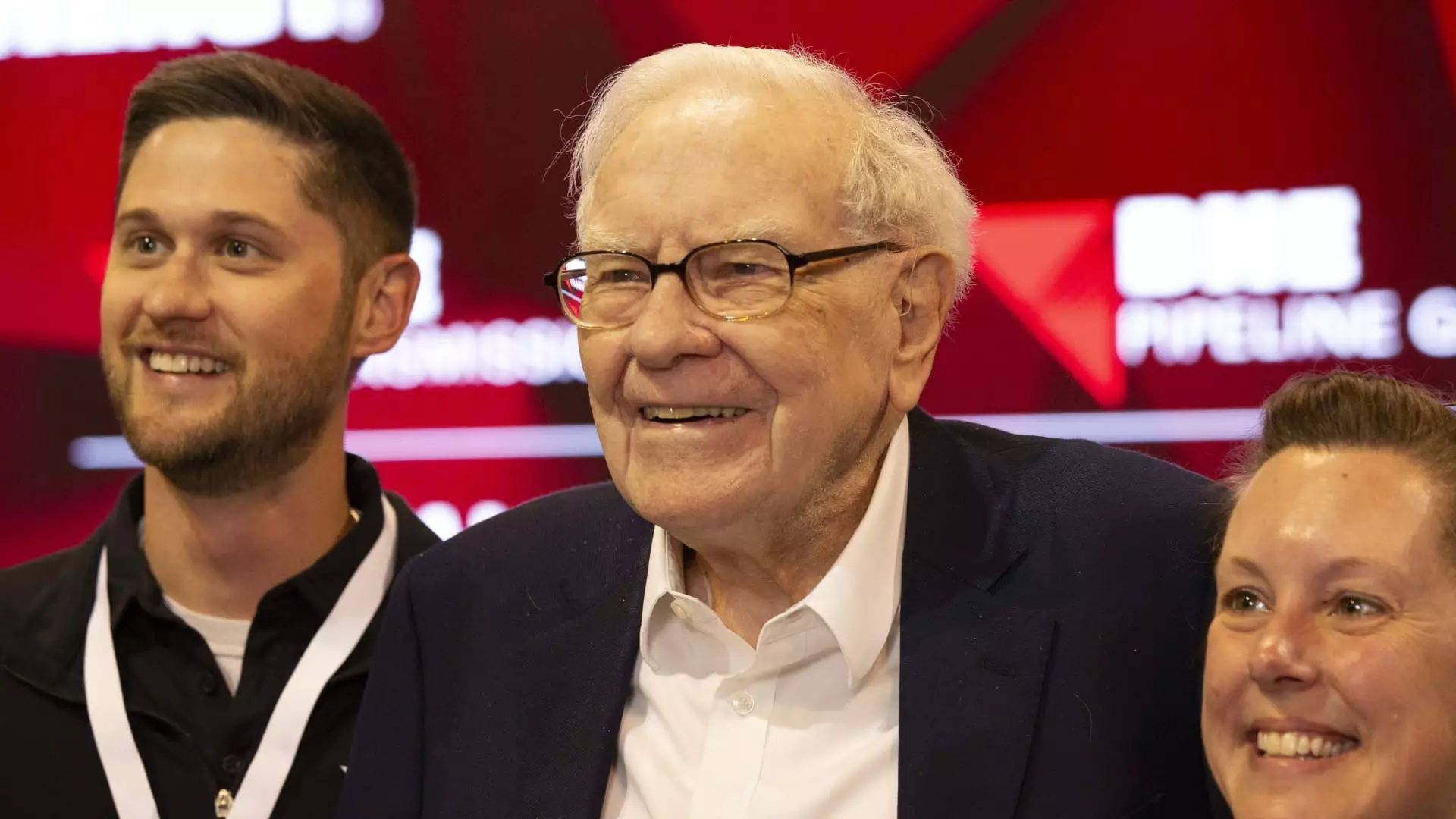Berkshire Hathaway’s decision to bolster its investment in SiriusXM, now holding a commanding 32% stake in the New York-based satellite radio service, marks a significant strategic move for Warren Buffett’s firm. Recently, Berkshire completed the purchase of around 3.6 million SiriusXM shares for approximately $87 million, as disclosed in a filing to the Securities and Exchange Commission (SEC). This increase in ownership follows a restructuring effort by billionaire John Malone’s Liberty Media, which recently combined its tracking stocks with SiriusXM’s traditional stock. Such maneuvers indicate a broader trend in the media sector, characterized by strategic consolidation and reallocation of assets among key players.
Buffett’s foray into SiriusXM should be viewed through the lens of his typical investment philosophy, which emphasizes long-term value. However, SiriusXM has encountered significant challenges, including declining subscriber numbers and an unfavorable demographic shift that has prompted skepticism among investors. Analysts remain cautious, with only five out of 14 following the company recommending it as a buy, illustrating a stark lack of confidence on Wall Street. The critical reassessment by JPMorgan’s Sebastiano Petti—classifying SiriusXM as underweight—highlights the apprehensions regarding the company’s growth prospects and market strategy aimed at capturing a wider audience.
The risks associated with SiriusXM’s current trajectory are further compounded by Malone’s recent maneuvers, which include reducing the share count by 12%. This reduction raises concerns about the company’s stock buybacks, potentially stalling its plans until 2027, leading to downward pressure on the stock’s value. Investors are wary of how these changes may affect the company’s bottom line, particularly in an environment already rife with fiscal uncertainty.
In light of Buffett’s renewed investments in SiriusXM, it is prudent to recall his previous experiences in the media sector. Notably, his substantial but ultimately unsuccessful stake in Paramount Global’s Class B shares serves as a cautionary tale. Buffett’s admission of a complete exit from this investment at a heavy loss raised questions about his current strategy and what insights he gleaned regarding consumer behavior in the swiftly-evolving entertainment landscape. His reflections indicate that while streaming remains a growth area, the immense competition and price wars may hinder profitability.
Despite these risks, it is noteworthy that Berkshire Hathaway’s investment in SiriusXM led to an 8% spike in the stock price following the announcement. However, current year-to-date metrics reveal that shares are still down over 50%. This drastic fluctuation underscores the volatility and uncertainty investors face in an ever-changing media environment.
As SiriusXM navigates these complex market dynamics, the efficacy of Berkshire Hathaway’s investment remains to be seen. While Buffett’s historical record suggests a deep understanding of market forces, the satellite radio industry faces an uphill battle in attracting new subscribers and adapting to shifting consumer tastes. If Buffett and his team successfully leverage their investment acumen in turning around SiriusXM’s fortunes, it could pave the way for significant gains. However, should subscriber losses persist coupled with unfavorable market conditions, this bold investment may become another learning experience for Buffett, and potentially reflect a larger trend affecting media enterprises in the digital age.

